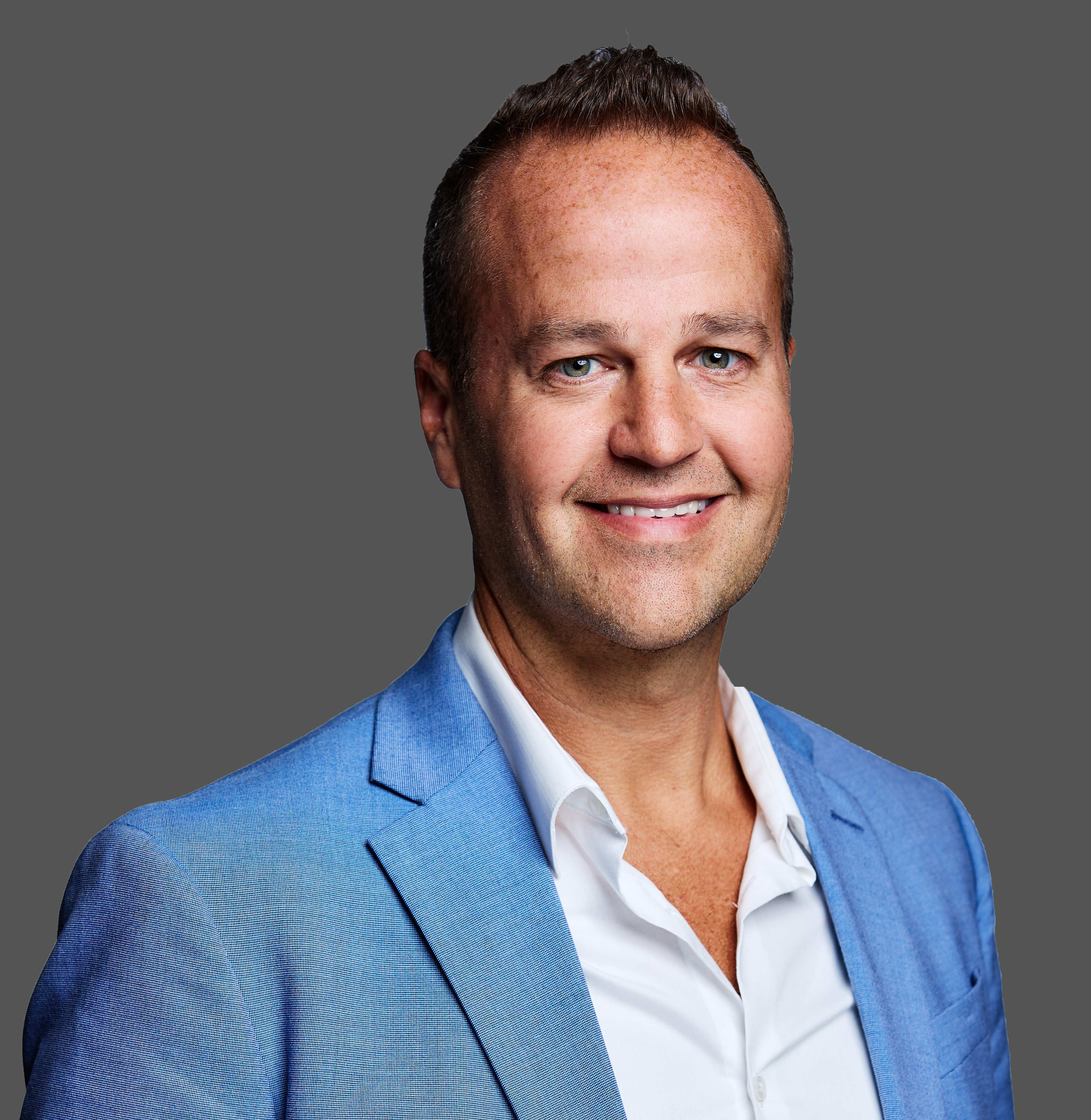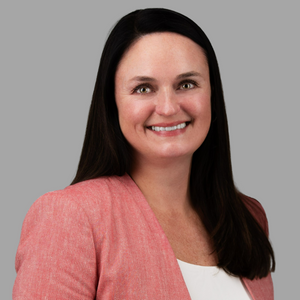Carlos Orantes, President and CEO of Alcanza Clinical Research, spoke with Kimi Riegel, a Parkinson’s Disease patient, about her experiences with clinical trial participation and her recommendations to other people considering participation. As a retired special education teacher of middle and high school students, and self-described as “naturally curious,” Kimi embraced the opportunity to participate in clinical trials at Quest Research Institute in Farmington Hills, Michigan.
CO: I understand you have participated in multiple studies at Quest Research Institute, which is part of the Alcanza Clinical Research site network. What was the driver behind your interest in clinical research?
KR: The driver was my Parkinson’s Disease, following my diagnosis in 2018. The diagnosis was upsetting and debilitating, and I felt like I didn’t have any control with what was going to happen with my life.
By participating in clinical research, I thought I could contribute to the wider disease knowledge, possibly contribute to the cure at some point and help slow down my own disease progression. I was also motivated by my own need to feel useful.
CO: What made you consider clinical research, and how did you find Quest? How did you find the studies you participated in? Can you also walk us through the decision journey through this process?
KR: On all of the Parkinsons’ Disease websites, they encourage people to participate in clinical trials. These websites point visitors to clinicaltrials.gov, which is where I started. My information went to Quest in Farmington, which is 40 minutes away from my house, so it was convenient. I looked at a trial in 2018, even before I started taking medication. I didn’t qualify for that trial due to a brief sickness, but I stayed in the Quest database, and the staff called me again for another study in 2021 that I qualified for and participated in. I participated in a second trial in November 2022.
CO: Thinking back to the first time Quest called you. Tell us about the experience of having a stranger call you to discuss clinical research. What was going through your mind during that conversation?
KR: I’m a curious person by nature and wanted to find out what it would be like to experience. Since I don’t know anyone else who has participated in clinical research, I took my son with me to the first visit. He’s a bright young scientist, and I wanted him to hear the questions and answers to help me think through the decision. He and I both were impressed with the information and processes that were explained. I also received this wonderful packet of information. The informed consent outlines what the trial is designed to look for and what the researchers hope to find with the trial results. It was very complete and interesting.
CO: Do you remember the staff who helped you?
KR: Maryann and Ashley were the coordinators. Dr. Ellenbogen was the PI and is a phenomenal person. He is a very busy neurologist but took the time to answer all of my questions. My brother and sister-in-law, both in the medical field, had suggested earlier that principal investigators may not be approachable. They were impressed by the amount of time he spent with me.
CO: In terms of concerns, there are a lot of unknowns, so it’s great to have that reassurance from a medical professional. We do our best to help demystify clinical research, but did you have any lingering concerns during the studies you mentioned?
KR: One item that Quest staff continually reminded me was participation was my choice and that I could say no at any time in the duration of the study.
It gave me a sense of control, and that alleviated a lot of my worries. The staff’s patience and my sense of choice made for a really good experience.
CO: What about the trial experiences stand out the most?
KR: There were no issues with the first study. The second study was a Phase I study that required 27 days in-house. It had round-the-clock monitoring. I didn’t feel well after one of the dosing sessions, and the medical staff were very attentive. But the second study also gave me hope for what is coming through the pipeline. That is good news for Parkinson’s Disease patients. I currently take a pill every 4 hours, so it’s six pills a day. The drug regimen being tested in that study was half a pill in the morning and night. So I didn’t need to take as much medicine as I usually do, and I slept better.
I also had positive side effects – a new friend with whom I’ve kept up with since the study completed.
CO: Knowing that drugs in the Phase I stage of drug development can take a while before they receive FDA approval, this drug won’t immediately help you, but you still wanted to participate?
KR: I’m not working and don’t have small children. My husband is able to help me, and I have family locally who can come and visit.
The way I look at clinical trial participation is that I can do it, so I should do it.
CO: Did the studies meet your expectations? Is there anything you’d improve?
KR: The first study was a bit like a black box, so I had no expectations. By the second study, I knew the staff and knew they would take good care of me. They also had new staff who were just as good. The second study was 27 days in-house in a hospital-like facility, so bringing my own sheets and comforter helped the clinical setting feel more personal and comfortable. I understand the facility is now expanding, which is good news because it can be crowded with research staff and patients.
CO: What recommendations do you have for other patients who are considering clinical research?
KR: It may take more than one trial opportunity to find one that you qualify for. I recommend for everyone interested to keep trying because it will be very rewarding when the right study comes along. I’ve learned so much about Parkinson’s Disease and the drugs in the pipeline. It makes me feel useful, and the knowledge of what potential treatments are coming makes me hopeful.
For Alcanza – consider connecting people interested in research with those who have experience. A Participant Ambassadors program can offer first-hand experience and help potential participants know what to ask and expect when evaluating trial participation.

Kimi Riegel
Parkinson’s Patient

Carlos E. Orantes
CEO, Alcanza Clinical Research





